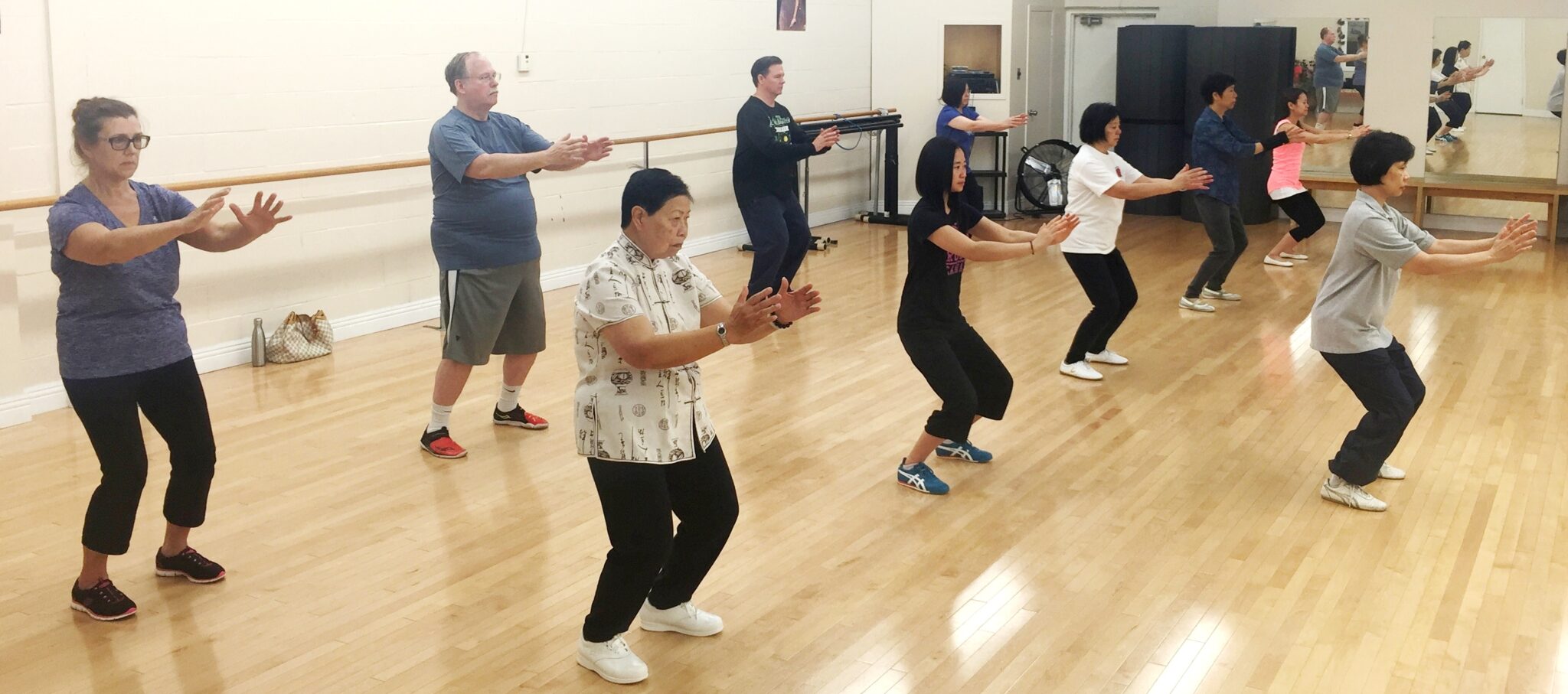Mental Health and Tai Chi Fitness

What is Tai Chi?
Tai Chi, also known as Tai Chi Chuan, is a Chinese martial art that originated in the 17th century. It involves slow, flowing movements that are designed to improve balance, flexibility, and strength. Tai Chi is often described as a moving meditation, as the slow and deliberate movements require focus and concentration.
How Does Tai Chi Affect Mental Health?
Tai Chi has been found to have numerous benefits for mental health. Research has shown that it can reduce symptoms of anxiety, depression, and stress. One study found that practicing Tai Chi twice a week for 12 weeks led to significant reductions in symptoms of depression and anxiety. Tai Chi has also been found to improve self-esteem and overall mood.
Why is Tai Chi Effective for Mental Health?
There are several reasons why Tai Chi is effective for mental health. Firstly, the slow and deliberate movements require focus and concentration, which can help to calm the mind and reduce feelings of stress and anxiety. Additionally, Tai Chi is a low-impact form of exercise, which makes it accessible to people of all ages and fitness levels. Finally, Tai Chi is often practiced in a group setting, which provides a sense of community and social support.
How Can Tai Chi Be Used as a Form of Fitness?
Tai Chi can be used as a form of fitness by incorporating it into your exercise routine. It is a low-impact form of exercise that is gentle on the joints and can be practiced by people of all ages and fitness levels. Tai Chi can help to improve balance, flexibility, and strength, as well as reduce the risk of falls.
How Do You Practice Tai Chi?
Tai Chi is typically practiced in a group setting, although it can also be practiced alone. It is important to wear comfortable clothing and shoes that allow for ease of movement. Tai Chi involves a series of movements that are performed slowly and deliberately, with a focus on breathing and relaxation.
What Are Some Tips for Practicing Tai Chi?
- Start slowly and gradually increase the intensity of your practice
- Focus on your breathing and try to relax your mind and body
- Practice regularly, ideally two to three times per week
- Find a qualified Tai Chi instructor who can guide you through the movements
Benefits of Tai Chi for Mental Health and Fitness
Tai Chi has numerous benefits for both mental health and fitness. Some of the key benefits include:
- Reduced symptoms of anxiety, depression, and stress
- Improved self-esteem and overall mood
- Improved balance, flexibility, and strength
- Reduced risk of falls
- Accessible to people of all ages and fitness levels
Drawbacks of Tai Chi for Mental Health and Fitness
While Tai Chi has numerous benefits, there are also some drawbacks to consider. These include:
- It may not be suitable for people with certain medical conditions, such as joint problems or balance issues
- It may not be as effective for building muscle or improving cardiovascular fitness as more intense forms of exercise
- It may require a significant time commitment to see results
Conclusion
Tai Chi is a gentle and effective form of exercise that has numerous benefits for both mental health and fitness. It can be practiced by people of all ages and fitness levels and is a great way to improve balance, flexibility, and strength. With regular practice, Tai Chi can help to reduce symptoms of anxiety, depression, and stress, and improve overall well-being.
FAQs
What is the history of Tai Chi?
Tai Chi originated in China in the 17th century and was developed as a martial art. It has since evolved into a popular form of exercise and meditation.
Is Tai Chi suitable for people with joint problems?
Tai Chi is a low-impact form of exercise that is gentle on the joints. However, it is important to consult with a healthcare professional before starting any new exercise routine.
Can Tai Chi help with chronic pain?
Tai Chi has been found to have positive effects on chronic pain, particularly in people with conditions such as fibromyalgia and osteoarthritis.
How long does it take to see results from practicing Tai Chi?
It can take several weeks or even months of regular practice to see significant results from Tai Chi. However, many people report feeling more relaxed and less stressed after just a few sessions.
